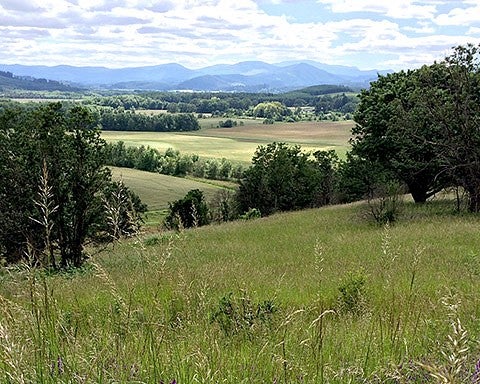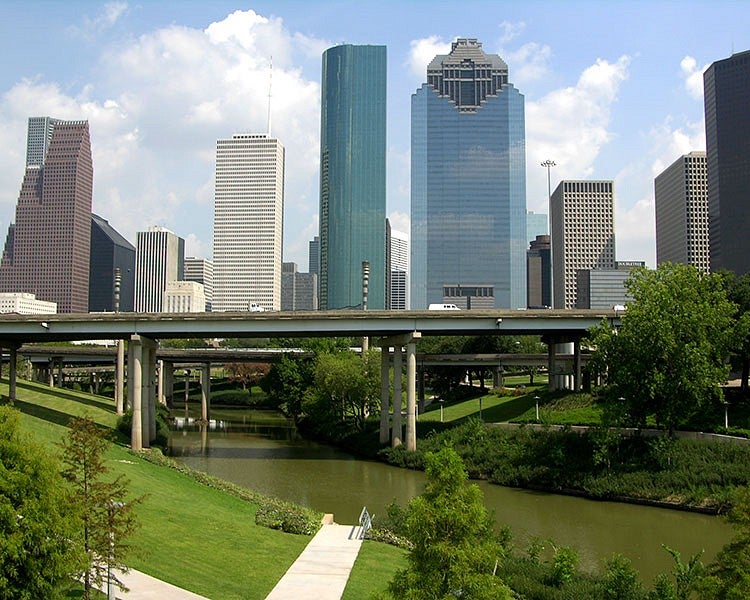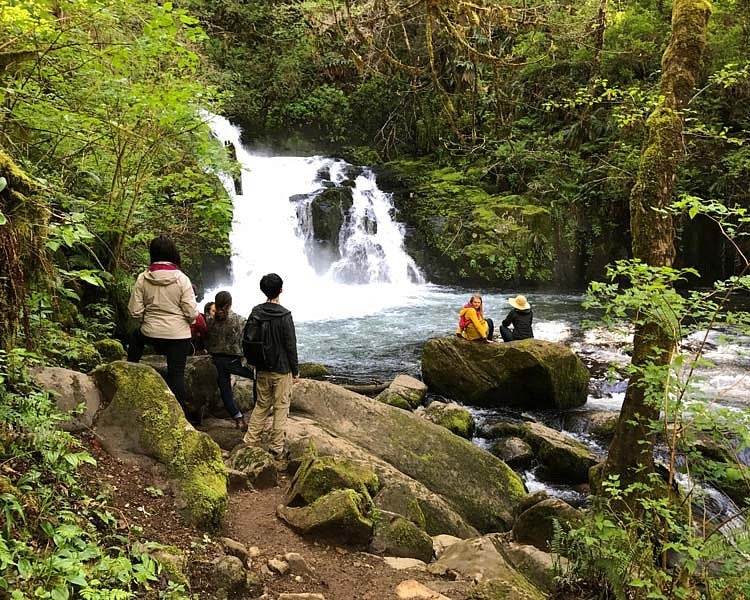As active scholars and practitioners, our faculty contribute to cutting-edge developments in their fields at home and abroad, and share those experiences with their students. Many students choose to work with individual faculty on current research projects, learning from and contributing to these efforts.
The department’s research strengths can be clustered into three distinct topics:
Critical History, Theory, and Practice: This cluster focuses on humanist, design, and art-based approaches to landscape architecture.
Ecology, Infrastructure, and Social Justice: This cluster addresses complex issues around food, energy, water, and biodiversity through the application of research methodologies from environmental science, ecology, planning, engineering, and public health and policy.
Productive Landscapes: This cluster studies the productive landscape, which includes farms, forests, and power and waste infrastructures, as a central inquiry within the discipline of landscape architecture.
Learn more about these research topics:
Commitment to Research
A commitment to research is central to all levels of our teaching, whether we’re introducing students to the field or advising graduate students on their theses and dissertations. You can view recent master’s projects and a list of all completed projects as well as completed Landscape Architecture MLA Theses and PhD dissertations.
Research Hubs and Institutes
As a manifestation of our research clusters, landscape architecture faculty collaborate within the department and across the university through the following research hubs and institutes:
APRU Sustainable Cities and Landscape Research Hub
Through a multi-university partnership, the SCL Hub brings together researchers and practitioners to examine Pacific Rim cities in the context of their many landscape interdependencies. The goal of the hub is to advance the sustainability of human societies through analysis and critique that lead to actionable plans for mutually supportive relationships between cities and their surrounding landscapes.
Fuller Center for Productive Landscapes
This center is focused on understanding the role landscape plays in sustaining culture—both literally, through agriculture, and more broadly, through inspiring the arts and grounding cultural identities.





